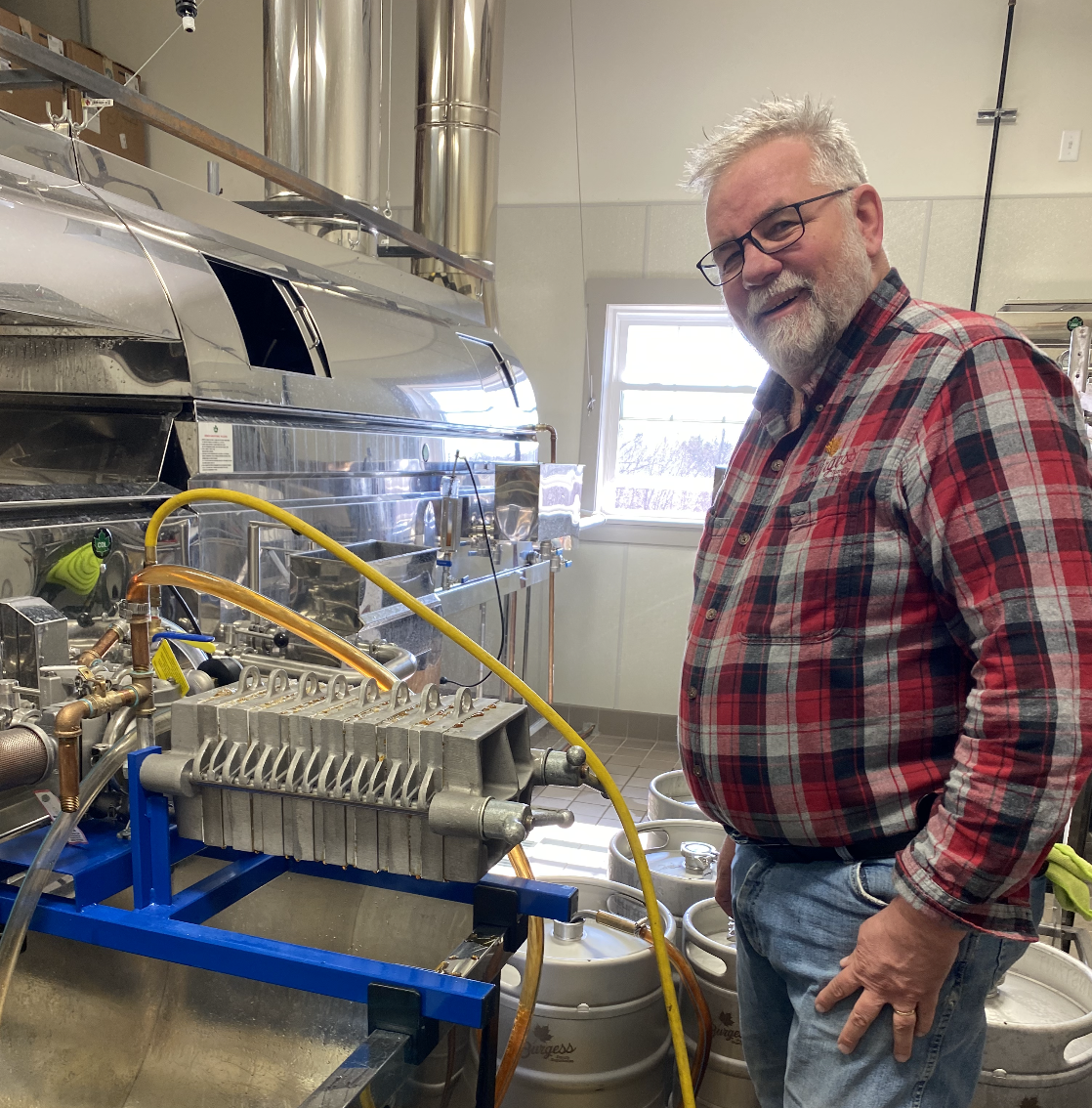Tell us about your career path. What brought you to your role at NBC?
I started my career in Wausau, Wisconsin, providing agriculture and farm loans. I then wound up becoming the president of the First National Bank of Neillsville. I was only 28 years old at the time! That bank was so small that today our bank (National Bank of Commerce) is making loans larger than the entire bank of Neillsville was when I was president.
Shortly after, Neillsville was purchased by holding companies and combined with another bank. I wanted to get into community banking, so I moved to State Bank Financial in Lacrosse, Wisconsin. From there, I was recruited to Duluth and decided it was a great opportunity for me. That was 11 years ago.
Looking back, what is one accomplishment you are most proud of from your time with NBC?
When I came here, we had roughly $400 million in assets and 80 employees. Today we’re up to $1.2 billion in assets and 183 employees. I’m proud of the fact that we’ve provided jobs for 100 additional 100 families. It’s really gratifying. I see the growth in the number of employees we serve as a part of economic development in and of itself.
I’m also very proud of the fact that we were able to bring an additional $180 million into the community through the work that we did with the Main Street Lending Program and Paycheck Protection Program (PPP).
Who will serve as the bank’s President and CEO after your departure?
Through our active succession process, Brad Roden has been appointed the new CEO, and Eric Albrecht will be the new president.
We partnered for many years on the Regional Economic Indicators Forum. What inspired you to develop the forum and what impact to do you think it had on community?
The forum has been great. I had done something similar when I was in La Crosse. When I came to Duluth, I felt there was a deficit of information that was available to decision makers and business owners in the community. I also wanted to create an opportunity to showcase the three universities and help retain our graduates. The forum provided a way to accomplish all those things.
For me, the most beneficial part of the forum was getting everyone in the same room and talking about a common issue—the content of the meeting always spurred good conversation. We also gave a lot of students exposure to local business leaders and provided students with an opportunity to learn about the community.
What changes have you seen in the regional economy over the past ten years?
The changes I’ve seen have mostly been good. When I first started as president eleven years ago, I felt there was a strong divide between Superior/Duluth. Over the past ten years that divide has started to fade, and we are now operating more as a united community.
There have certainly been a lot of infrastructural changes (medical, roads, petroleum) during my time in Duluth. Those changes, combined with the investments made by the Duluth-Seaway Port Authority have made the Twin Ports more valuable as a center of commerce. Folks in rural communities nearby depend on the Twin Ports, and the changes in Duluth and Superior have really benefitted the entire region.
If I were to change one thing, it would be developing more value-added industries in our area. We rely heavily on service sectors, health care, and education. I would like to see new value-added industries creating products with some of our natural resources. That would help bring outside dollars into the community, and it would be a huge boost to the local economy.
What gives you hope for the economic future of the Duluth-Superior region?
I think there are a lot of areas where we really excel—transportation, higher education, healthcare. I feel like we’re on the verge to take off and grow. One thing that’s holding us is the lack of homes and affordable housing. The weakest link in the region’s economy is housing. If we could fix housing, I think the rest of the economy would grow accordingly. Unemployment rates are low, the tourism industry has rebounded very well, and we have many good things going for us.
Why was this a good time for you to retire? What are your plans for after retirement?
This was a good time for me to retire because the bank has got some fantastic people to fill leadership roles. They have a real passion for the business and the community. It’s time to let the new regime have an opportunity to help and leave their mark.
I‘ve had a very long career. I’ve also got a side business making maple syrup that I would like to develop. And I plan to stay on the [National Bank of Commerce] board for a while.
I also plan to do some travelling, but I’ve got five grandkids between the ages of 6 to 13 who all want to spend time with grandpa. Being a grandpa is a nice job to retire to.
